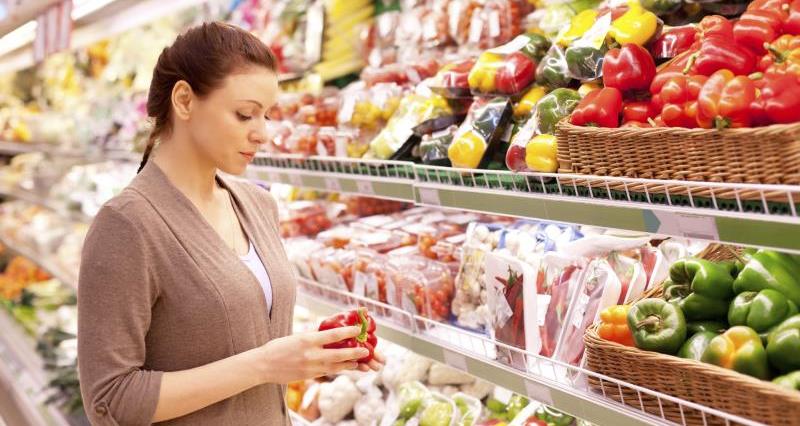We’ve been working over the past 12 months to establish the sourcing policies of all the major retailers on their ‘own brand’ products.
Ruth Mason, chief food chain adviser at the NFU, said that transparency was the key to providing shoppers with information to enable them to buy British, as well as allowing farmers to produce for the domestic retail market.
“We want to promote British food to the general public and support shoppers who want to buy British food by helping them find it at different retailers. If consumers know who is sourcing from British farmers and growers, it allows them to make an informed choice about which retailers they then want to buy from. This guide enables them to evaluate the performance of their regular retailer in terms of supporting British farming.
“What is needed is transparency. The overriding message for consumers is to buy British food and use this guide to be savvy about retailer sourcing policies for own-brand products.
“We also want all of the major retailers to pledge their support for the NFU’s Back British Farming Charter.”
What we found…
- The NFU shopping guide lists the sourcing policies of all the major retailers on their ‘own brand’ products. It shows The Co-operative, Aldi, Lidl, M&S, Waitrose and Morrisons source 100% British beef across all lines, while Tesco, Asda, The Co-operative and Sainsbury’s only source 100% British for their premium lines of beef. In addition to the sourcing guide we are aware that The Co-operative, M&S and Waitrose ensure that beef across all products, including ready meals, is 100% British.
- For Lamb, only Aldi sources 100% British Lamb and Morrisons sourcing one line of New Zealand lamb for promotions. Waitrose, Sainsbury, M&S and The Co-operative source 100% British lamb at certain times of the year, which are clearly set. Tesco and Asda - we are unclear as to what times of the year they stock the most British lamb.
- The support for British poultry has been good across the board, with all retailers with the exception of Asda stocking 100% British fresh chicken.
- When it came to selling seasonal British fruit and vegetables, Aldi reported selling 16 lines, including potatoes, carrots, pumpkins, berries and parsnips. This was followed by Waitrose, which reported selling 12 lines, Morrisons with 10, and Tesco and the Co-operative with six
In the UK, the categories with the highest concentration of own-label sales are: Fruit & Vegetables (almost 100%)¹, Meat, Fish & Poultry (96%) (Source Nielsen Homescan FMCG, 2014.) For this reason our guide covers Own brand products. This excludes meat used for ready meals and other processed products. This also excludes sourcing of meat counters, and non-packed meat products which have separate sourcing policies.
As sourcing policies constantly change, the guide will be updated.
We’re calling for retailers to build more transparent and sustainable supply chains.
And we think labeling is still too difficult to understand, making it difficult for consumers to identify British produce, particularly in the dairy sector. Shoppers can ensure they buy British by looking out for the Red Tractor logo with the Union Jack on it, which means the food can be traced back to a British farm.

